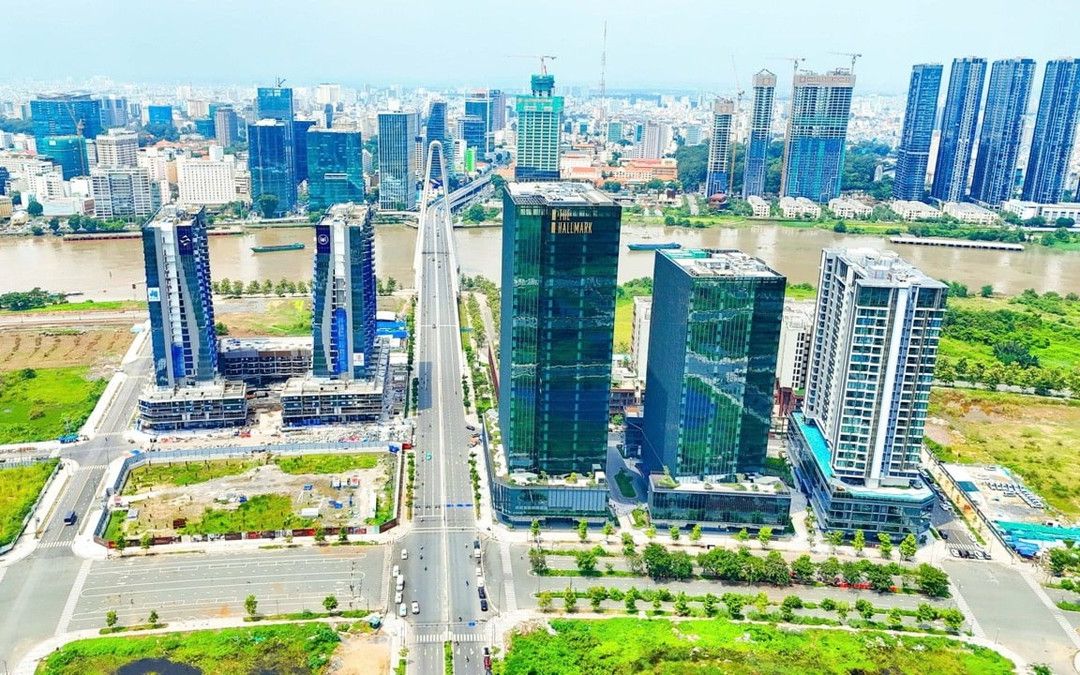
Institutions - the bottleneck of bottlenecks and the need for new breakthroughs
The global and domestic economic realities in Vietnam are posing an unstoppable need to change the growth model. The era of relying on the advantage of cheap labor and investment capital to expand in breadth has gradually come to an end. As the growth space from these two traditional driving forces is increasingly narrowing, "unlocking" institutions has become a vital requirement, the key to creating new breakthroughs towards sustainable development.
The draft documents of the 14th Party Congress clearly defined the development orientation of a "fast and effective" growth model, associated with the "sustainable and inclusive" factor. This is a strong shift in strategic thinking, from development based on quantity to quality, from growth through investment expansion to growth based on productivity, innovation and flexible institutions.
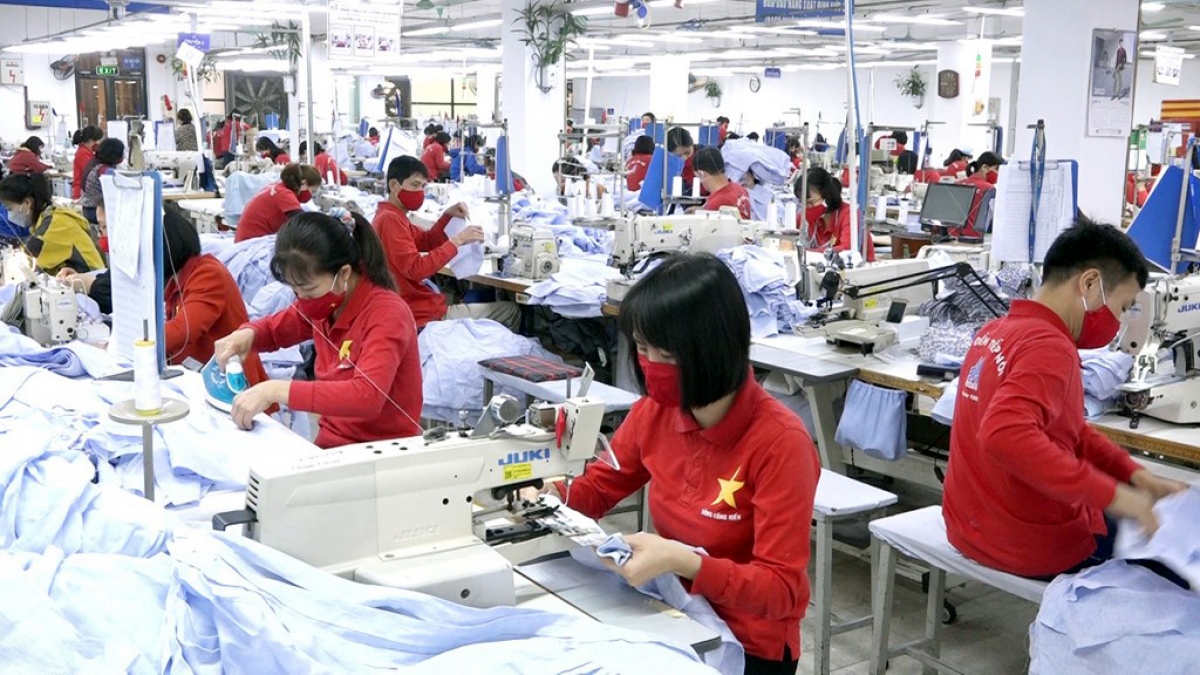
When businesses want to invest in modern wastewater treatment technology, land regulations and environmental permits are major barriers.
However, economic experts all agree that institutions have long been considered "bottlenecks of bottlenecks" in Vietnam's growth model. Dr. Nguyen Quoc Viet, Public Policy Expert (University of Economics, Vietnam National University, Hanoi ) emphasized: "Institutions are bottlenecks of bottlenecks, not only because the legal system is still overlapping and contradictory between laws such as land, construction, investment... but also because of the heavily administrative management mindset - "if you can't manage it, ban it". Mr. Viet further analyzed that this mentality has tied up development resources and created apprehension, fear of mistakes, and avoidance in the public apparatus, leading to low policy implementation efficiency, reducing the overall productivity of the economy.
According to Mr. Viet, institutional liberalization not only helps the private sector, considered the "most important driving force", to promote its role, but also paves the way for science , technology and innovation to become new pillars of growth, the foundation for achieving the goal of raising the contribution of total factor productivity (TFP) to at least 60% in growth quality.
Unlocking from practice - the definitive solution for a breakthrough journey
Institutional bottlenecks are not just theoretical debates but also create real costs, directly affecting daily business operations. Mr. Vu Duc Giang, Chairman of the Vietnam Textile and Apparel Association (Vitas), has repeatedly emphasized that the textile and garment industry is making efforts to shift to a green and circular economy to meet the strict standards of the EU and US markets.
Meanwhile, according to Mr. Tran Minh Hoang, Director of Hoang Minh Textile Import-Export Company Limited, when businesses want to invest in modern wastewater treatment technology, regulations on land and environmental licenses overlap, prolonging the licensing time. This inflexible mechanism has slowed down the progress of green projects, affecting billions of dollars invested in sustainable value chains, while limiting the competitiveness and conversion to environmentally friendly production models of businesses.
Thus, the lack of synchronization in institutions is directly reducing competitiveness and hindering the transition to a sustainable development model. Reality shows that although Vietnam has achieved many results in stabilizing the macro economy and attracting investment, if institutions are not strongly reformed, resources will still be constrained. The "unlocking" must be carried out synchronously, from policy-making thinking to implementation capacity at the grassroots level.
At the macro level, the requirement is to move towards the "one policy - many benefits" mindset, overcoming local and term-based thinking. It is necessary to improve the quality of policy making, strengthen social criticism and supervision of implementation, so that policies are not just "documents" but "actions" and have practical effects. At the implementation level, the State must shift from the role of "management" to "creation", reduce pre-control, increase post-control, and create space for businesses to proactively innovate and develop.
According to economic experts, the "unlocking" of institutions has been initiated with specific actions at both central and local levels. Some localities such as Hung Yen have pioneered through the decentralization of revenue and expenditure sources and prioritizing support for high-tech enterprises and digital transformation, in order to free up local resources. In addition, Bac Ninh has also promoted support for the private sector in the field of science and technology, and approved the digital transformation strategy for the period 2025 - 2030 to create a flexible investment environment. Or Quang Ninh has identified digital transformation as a strategic breakthrough, implementing support for small and medium-sized enterprises in digital transformation, upgrading technology infrastructure to improve competitiveness.
Institutional unlocking is not just limited to administrative procedures, but is a shift in management thinking from control to creation, from pure administration to development companionship. When localities create a flexible, transparent and practical environment, resources, including capital, human resources and technology, will be more strongly liberated, contributing to bringing new momentum for high-quality growth and towards a green, digital economic model of Vietnam.
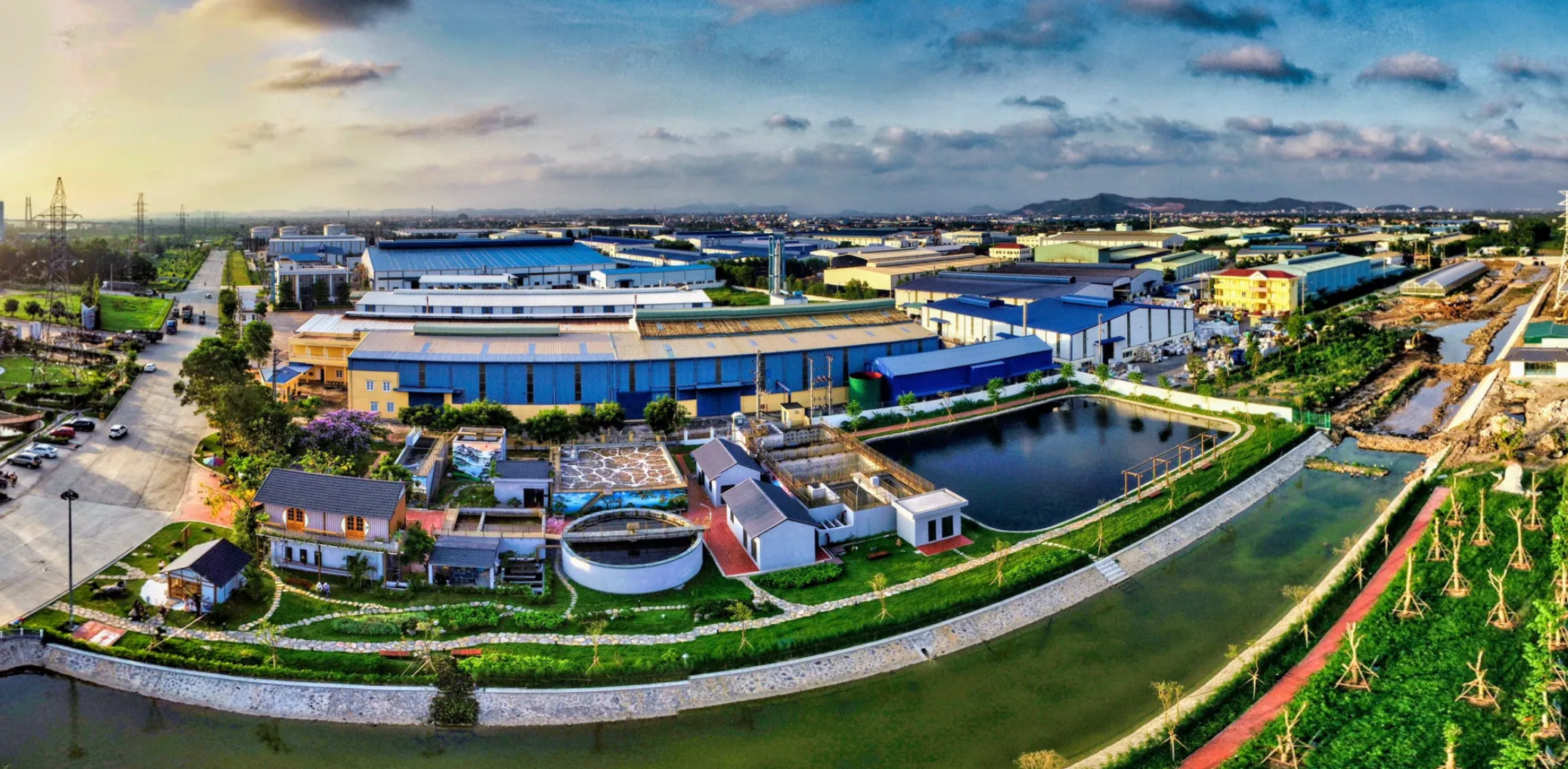
Overlapping regulations on land, investment and construction cause projects to stagnate and costs to increase.
When looking at the reality of economic development, three major barriers are still blocking the Government's path: overlapping regulations on land, investment and construction, causing projects to stagnate and costs to increase; the private sector has difficulty accessing resources and technology, not fully exploiting its potential; and the urgent need for transparency and protection of ownership rights so that businesses dare to innovate, invest and develop.
To pave the way for growth, experts recommend drastic steps: streamlining and simplifying laws; testing new mechanisms for high technology, digital and green economies; making strategic investments in higher education and high-quality human resources; and protecting tangible and intangible property rights, creating a favorable environment for innovation, promoting value-added products and enhancing national competitiveness.
Institutional reform is considered the "anchor" of growth aspirations, creating the foundation for a new model - where the State creates, the private sector plays a central role, and innovation is the main driving force. Thoroughly handling overlaps, simplifying administrative procedures, and protecting tangible and intangible property rights will create a transparent, fair, and competitive investment environment, while reducing transaction costs and promoting economic efficiency.
Dr. Nguyen Quoc Viet said: "Institutional reform is not only for safety, but also to create momentum for rapid and sustainable development. Institutions need to be designed as an 'anchor rope' - both to balance the economic boat and to create momentum for it to break out." When implemented synchronously and resolutely, institutional clearance will become a strategic boost, helping Vietnam transform into high-quality growth, turn development aspirations into reality and affirm its competitive position in the global value chain./.
Source: https://vtv.vn/khai-thong-the-che-cu-hich-chien-luoc-cho-mo-hinh-tang-truong-moi-100251113210014279.htm



![[Photo] Prime Minister Pham Minh Chinh meets with representatives of outstanding teachers](https://vphoto.vietnam.vn/thumb/1200x675/vietnam/resource/IMAGE/2025/11/15/1763215934276_dsc-0578-jpg.webp)


![[Photo] General Secretary To Lam receives Vice President of Luxshare-ICT Group (China)](https://vphoto.vietnam.vn/thumb/1200x675/vietnam/resource/IMAGE/2025/11/15/1763211137119_a1-bnd-7809-8939-jpg.webp)






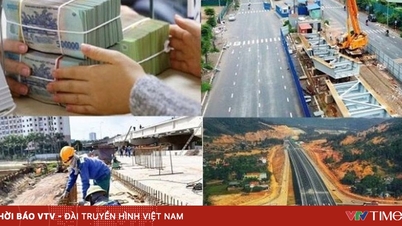


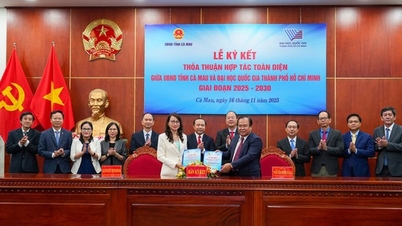


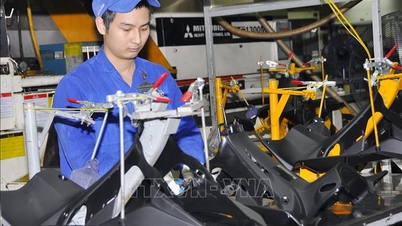
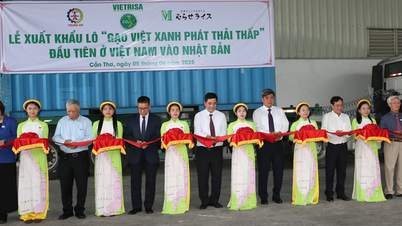










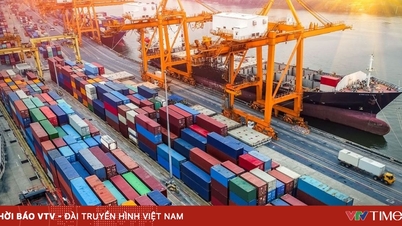




















































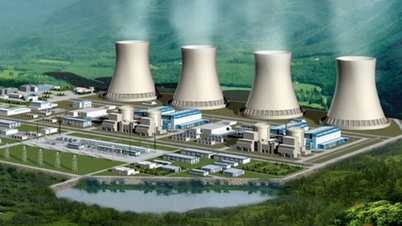









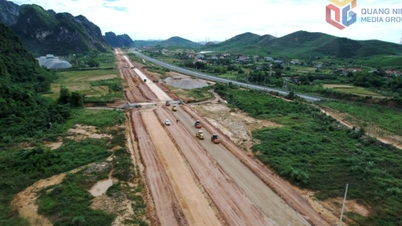















Comment (0)